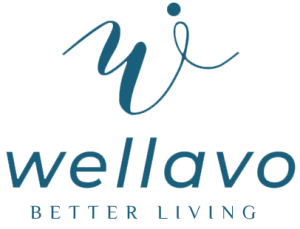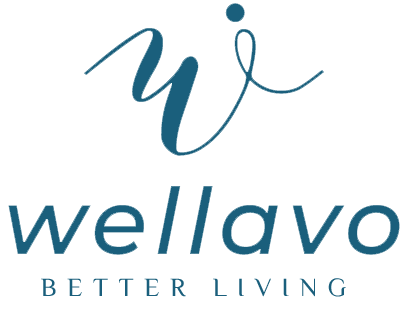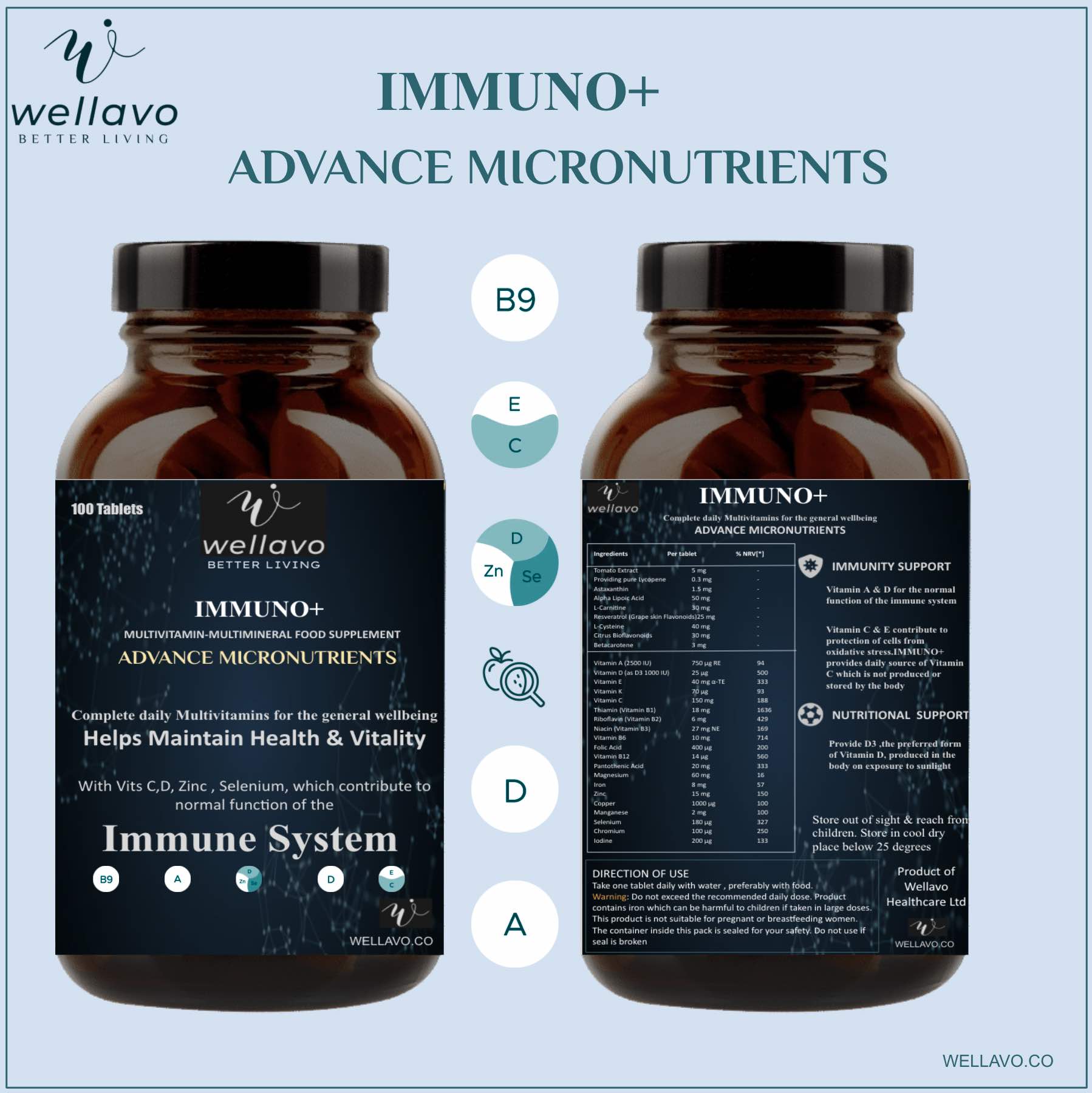Eczema, breakouts, premature ageing and psoriasis are just some of the signs that your skin is not happy. While the temptation may be to try and fix the problem externally with expensive skin treatments and miracle promising products, the answer, like most things in life, can be found deeper within.
The relationship between skin health and the digestive system is not a new one. As far back as the 1930s, scientists suspected a link between gut and skin health, and research has now confirmed the importance of this relationship. Probiotics have been shown to improve acne and eczema, and new research is emerging to support their use as a preventive therapeutic approach in ageing skin.
How does your digestive system affect your skin?
Let’s briefly look at the role of the digestive system, amongst many other important functions, our digestive tract is where we absorb nutrients from our food, as well as eliminate toxins and waste products. If for any reason this isn’t working optimally, other organs will be used to eliminate toxins such as the skin.
The lower intestines are where we host our microbiota; a huge community of beneficial and not so beneficial bacteria, yeasts and fungi, that plays a huge role in our overall health. It is considered that up to 90% of all diseases can be traced in some way back to the gut and health of our microbiome.
What we most commonly see in patients with skin complaints is a condition called ‘dysbiosis’ where an imbalance in the microbiota has occurred, in simple terms the bad guys are outweighing the good guys. Due to the huge influence the gut has on our overall immune function and health, this dysbiosis can then be seen in the skin microbiota leading to skin complaints such as rashes, eczema or acne.
Dysbiosis can lead to changes in the lining of the bowel that increases the permeability of the intestine, resulting in a condition referred to as ‘leaky gut’. Leaky guts cause inflammation both locally and systemically and sets the stage for a myriad of health problems including rashes, eczema, food allergies, chronic fatigue and more serious autoimmune conditions.
Causes of gut dysbiosis
Possible causes for impaired gut function can include:
- A low nutrient-dense diet.
- High intake of alcohol.
- High-stress levels.
- A diet high in processed foods.
- A diet high in dairy.
- Not getting enough fresh air or exercise.
- Long term use of certain medications.
- Recreational drug use.
- Parasites.
- Food poisoning
Some people may already be aware of their digestion not working that well from regularly experiencing symptoms such as bloating, constipation, diarrhoea, burping, flatulence, pain, reflux and food intolerances. But for many of the clients I see, it’s only when we start making changes to their diet and lifestyle that they realize how bad their digestion had been before! I personally had struggled for years with bloating and discomfort after eating which I had thought was totally normal!

While I would highly recommend investigating your skin and digestive health with a qualified nutritional therapist, here are my five top tips to get you started on the path back to optimal digestion, and glowing skin:
1. Ease off the stimulants
Stimulants such as sugar, caffeine, alcohol and nicotine wreak havoc for your skin and digestion. They are inflammatory and cause fluctuations in blood sugar levels, pulling on our stress hormones which takes energy away from digestion.
Sugar is a key player in premature ageing of the skin, it attaches to proteins in the bloodstream, forming larger molecules called advance glycation end products (or AGEs), that damage both collagen and elastin contributing to sagging and wrinkles. According to a 2007 study in the British Journal of Dermatology, these effects increase at 35 and continue rapidly as you age.
2. Populate your belly!
Although the thought of little bugs living in your digestive system might sound like a strange concept, hopefully you are now starting to appreciate the role these little guys play in looking and feeling great. Ways you can support them are by increasing your intake of prebiotics (what the bacteria use as an energy source) and probiotics.
Prebiotic food source includes rocket, chicory, artichoke, dandelion greens, raw garlic, onions, leeks and asparagus. Lightly cooking or eating raw ensures the prebiotic fibres stay intact, not to mention all the great microbes that can be found living on raw veg.
Probiotic food sources include fermented foods such as kefir, sauerkraut, kimchi, miso, natto, natural yoghurt andkombucha. Try including a source every other day and slowly building up, this can start as simple as a teaspoon of sauerkraut every other day.
Remember diversity is key so try to include as many different sources of fresh fruit and vegetables every week as they all contribute to a healthy microbiota.
3. Rest and digest
Combating stress, particularly when you are eating, is really important and is often overlooked. Digestion (a parasympathetic nervous system action) starts in the head – thinking, seeing and smelling food prompts your body to start producing stomach acid and digestive enzymes in order to get ready for the food it’s about to receive.
Cortisol, a stress hormone, prevents all that from happening and keeps us in fight or flight (sympathetic nervous system) mode, so taking a few minutes to breath smoothly and deeply, and calm your body down before eating a meal can be a huge help. Eat away from any distractions – and yes this means away from your desk and phone, taking time to chew each mouthful properly. Saying a prayer of gratitude for your meal can be a hugely powerful tool in improving your mood and getting you in a calm state ready for digestion.
We see huge improvements in clients who have been suffering from irritable bowel syndrome (IBS) for years simply from creating a calm environment where they can eat, and chew their food properly. Remember it’s not what you eat, but what you absorb that counts.
Longer-term, yoga and mediation are great options to handle everyday stress and aid digestion.

4. Eat a diet based on whole foods
Eating a whole foods diet rich in vegetables and fruits can support digestion by providing plenty of fibre to help eliminate waste material and toxins. Eating a whole foods diet also helps you to eat seasonally ensuring the most nutrient-dense diet.
Getting a local organic veggie box is in my mind one of the most accessible things you can do for your health right now. Food picked in season just a few miles away from you ensures it has the highest levels of nutrients, as opposed to being sat in a storage fridge for months and having travelled halfway around the world.
Although a 100% organic diet might not be feasible for many of us, there are a few food groups I highly recommend going organic where possible. These include all animal products and the fruit and vegetable listed in The Dirty Dozen.
Include lots of fresh spices and herbs in your cooking daily. Fresh herbs and spices are not only loaded with flavour but contain antioxidant and anti-inflammatory properties.
5. Move your body every day
We all know that exercise helps us look and feel good, and our skin and digestive health is no exception to this. Whilst we should avoid doing high intensity exercise on a full stomach, a gentle stroll after eating a big meal can actually aid with digestion and gut motility.
Exercise also gets the blood flowing around the body, which aids detoxification and helps circulation in the skin, not to mention the great endorphin high to add to your skin’s natural glow!
I wish you all the best with your path to eating and living for glowing skin. Please reach out with any questions!





